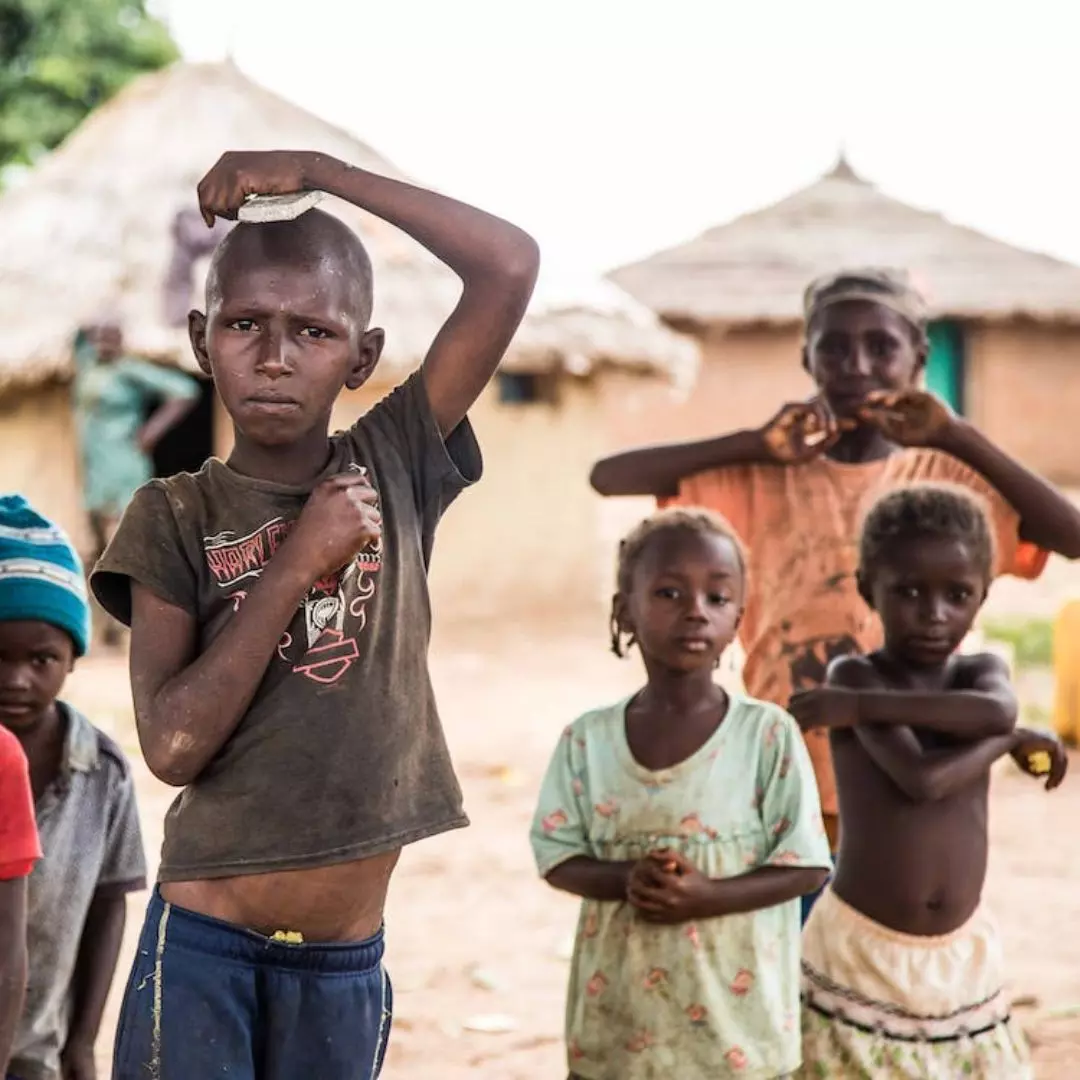
Image Credit- Pexels (Representative)
Brazil Declares Medical Emergency After Yanomami Children Die Of Malnutrition, Other Diseases
Writer: Navneet Nishant
I am a Media Student currently pursuing Master's in Mass Communication From Central University Of Jharkhand, I have done my previous internship In Jharkhand state livelihood promotion society as KMC intern.
Others/World, 23 Jan 2023 11:10 AM GMT
Editor : Shiva Chaudhary |
A post-graduate in Journalism and Mass Communication with relevant skills, specialising in content editing & writing. I believe in the precise dissemination of information based on facts to the public.
Creatives : Shiva Chaudhary
A post-graduate in Journalism and Mass Communication with relevant skills, specialising in content editing & writing. I believe in the precise dissemination of information based on facts to the public.
According to data reported by the Amazon journalism platform, 570 Yanomami children died during the first four years of Bolsonaro's presidency from treatable diseases, primarily malnutrition brought on by mercury used by illegal gold miners.
The health ministry of Brazil has declared a medical emergency in Yanomami territory, the nation's most prominent indigenous reservation bordering Venezuela, as children are dying from malnutrition and other diseases caused by illicit gold mining.
In a decree issued by the government on Friday (January 20), President Luiz Inacio Lula da Silva stated that it was intended to return health services to the Yanomami region that had been decimated by his predecessor Jair Bolsonaro.
At Least 570 Children Died In 4 Years
Approximately 26,000 Yanomamis reside in tropical savanna and rainforest regions, and the government declared that food shipments would be transported to that area. According to data obtained through a FOIA request and reported by the Amazon journalism platform Sumauma, 570 Yanomami children died during the first four years of Bolsonaro's presidency from treatable diseases, primarily malnutrition but also malaria, diarrhoea, and malformations brought on by mercury used by illegal gold miners.
The current President Lula, on January 21, paid a visit to a Yanomami health facility in Boa Vista, Roraima state. After his visit, the President said on Twitter, "More than a humanitarian crisis, what I saw in Roraima was genocide: a premeditated crime against the Yanomami, committed by a government insensitive to suffering."
According to a report by NDTV, As it works to stop illegal deforestation in the Amazon, Lula promised that the new administration would end illegal gold mining.
Challenges That the Yanomami Tribe Faces
In a stretch of rainforest and tropical savanna the size of Portugal, where 26,000 Yanomami people reside, the government announced food supplies that will be transported to the reservation. Since Bolsonaro's election in 2018, when he campaigned to decriminalise wildcat mining and allow mining on previously protected territories, the invasions of the reservation by illicit gold miners have worsened.
Moreover, there are indicators that organised crime is now engaged. Recent violent episodes have involved individuals riding speed boats on waterways and firing automatic guns at native towns whose residents resist the arrival of gold miners.
According to Estevao Senra, a researcher at Instituto Socioambiental, a non-governmental organisation that defends the rights of indigenous people, some gold miners have started to leave out of fear of enforcement actions by the Lula administration and appear to be travelling across the border into Guyana and Suriname.
Steps That The Government Is Prepared To Take
Sonia Guajajara, the first indigenous woman to hold a cabinet position and the head of a new Ministry of Indigenous Affairs, said, "We must hold the previous government accountable for allowing this situation to get worse to the point where we find adults weighing like children and children reduced to skin and bones".
In addition to stepping up its efforts to combat illegal deforestation in the Amazon, which reached a 15-year high under Bolsonaro, Lula promised that the new administration would end illegal gold mining.
 All section
All section













